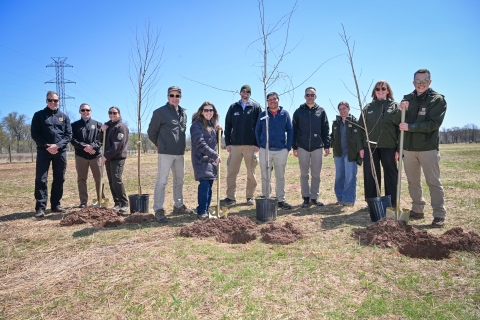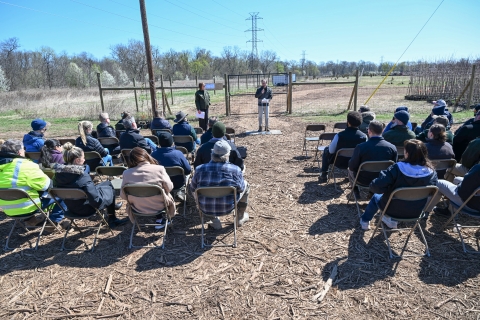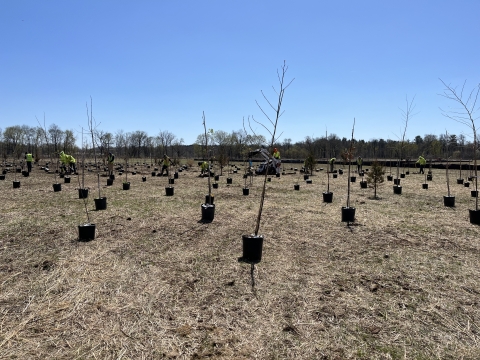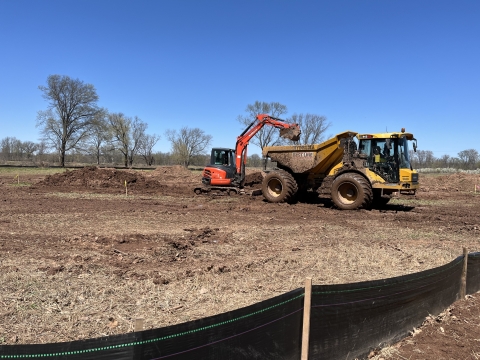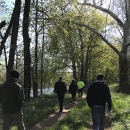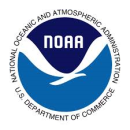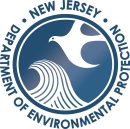States
New JerseyEcosystem
River/stream, WetlandOn April 9th, 2025, USFWS, New Jersey Department of Environmental Protection, Duke Farms, and community partners gathered to celebrate the commencement of the Raritan River Floodplain Reforestation Project, a 112-acre restoration project being implemented under a Natural Resource Damage Assessment and Restoration settlement. The project is a culmination of many years of negotiating, planning, and collaborating, making it a day worth celebrating. Construction has begun and is anticipated to be completed in the spring of 2026.
On July 16, 2024, a settlement between DOJ, the State of New Jersey, and Wyeth Holdings LLC, was finalized. The settlement addresses liability for past releases of hazardous substances at or near the American Cyanamid Superfund Site ("American Cyanamid Site") in Bridgewater, New Jersey that impacted floodplain, riparian riparian
Definition of riparian habitat or riparian areas.
Learn more about riparian , upland, and wetland habitat adjacent to the Raritan River. The settlement will support the implementation and monitoring of a restoration project that will restore resources that were lost and/or injured as a result of contamination from the American Cyanamid Site. The U.S. Fish and Wildlife Service, the National Oceanic and Atmospheric Administration, and the NJDEP are the Natural Resource Trustees (“Trustees”) of the American Cyanamid Site.
The restoration project being implemented under this settlement is a 112-acre floodplain reforestation on property owned by Duke Farms, a center of the Doris Duke Foundation, in Hillsborough, New Jersey. The project consists of converting retired agricultural fields into forested and scrub-shrub floodplain habitat adjacent to the Raritan River. The location of the restoration is approximately 2.8 miles upstream of the American Cyanamid Site. This project involves:
- intensive management of undesirable invasive plants.
- planting of approximately 50,000 native trees and shrubs.
- installation of deer fence around the project perimeter to protect the plants from herbivory.
- construction of three acres of vernal pool habitat for amphibians.
- Seeding of native grass and pollinator mixes to provide food sources for insects and other pollinators.
15 years of monitoring and adaptive management.
The Trustees coordinated with Wyeth Holdings LLC to determine effective strategies for implementing a successful restoration project. The Trustees also collaborated with other conservation partners including Duke Farms, a Center of the Doris Duke Foundation, and the USDA-Natural Resources Conservation Service (USDA-NRCS) during project planning. The USDA-NRCS holds a permanent easement on part of the Duke Farms property that will allow for the benefits of the restoration work to be realized and protected well into the future. The Service is conducting effectiveness monitoring in partnership with Duke Farms to measure benefits provided by improved habitat to bird species and other wetland resources, which will help inform future restoration projects.
Benefits from the Proposed Ecological Restoration Include:
- Re-establishment of floodplain forest, one of the most biologically diverse yet historically degraded habitats in the region.
- Enhanced habitat for wildlifeincluding birds, bats, and amphibians.
- Improved water quality of the Raritan River.
- Bolstered flood storage capacity and storm resiliency.
- Improved ecosystem services that will benefit local communities.
The Trustees released a Final Restoration Plan/Environmental Assessment ("Final RP/EA") in December 2023. The Draft RP/EA was released for 30-day public comment in May 2023. The Final RP/EA identifies a preferred restoration project that will compensate the public for potential injury and losses to natural resources and wildlife in floodplain, riparian, and wetland habitats, that occurred as a result of release of hazardous substances at the American Cyanamid Site in Bridgewater Township, Somerset County, New Jersey. The restoration work will begin in 2025 and take place over the next few years and will be monitored and stewarded for fifteen years to provide long-term benefits for the resources and the public.
Site History and Prior Settlements
Releases associated with industrial activities at the American Cyanamid Site resulted in contamination of soil and groundwater with volatile organic compounds, semi-volatile organic compounds, polychlorinated biphenyls, polycyclic aromatic hydrocarbons, cyanide, and heavy metals. Releases to the Raritan River and Cuckels Brook, a tributary to the Raritan River, as well as associated sediments, groundwater, wetlands, riparian areas, floodplains, and uplands have resulted in potential injury to fish and wildlife.
Previously, the Trustees identified two restoration projects as compensation for in-river injury from the facility: the removal of the Weston Mill Dam, located on the Millstone River, and a design and feasibility study of ways to improve fish passage fish passage
Fish passage is the ability of fish or other aquatic species to move freely throughout their life to find food, reproduce, and complete their natural migration cycles. Millions of barriers to fish passage across the country are fragmenting habitat and leading to species declines. The U.S. Fish and Wildlife Service's National Fish Passage Program is working to reconnect watersheds to benefit both wildlife and people.
Learn more about fish passage at the Island Farm Weir, the remaining barrier to migratory fish passage in the lower 30 miles of the Raritan River. The Trustees and the PRP negotiated a settlement that was finalized in 2017, that incorporated implementation of these projects in granting a limited release for in-river injury caused by the discharge of hazardous substances at the American Cyanamid Site. Both of these restoration objectives have been completed.
For more information on the American Cyanamid Site history and prior settlements, please visit the DOI Page for the Site.

